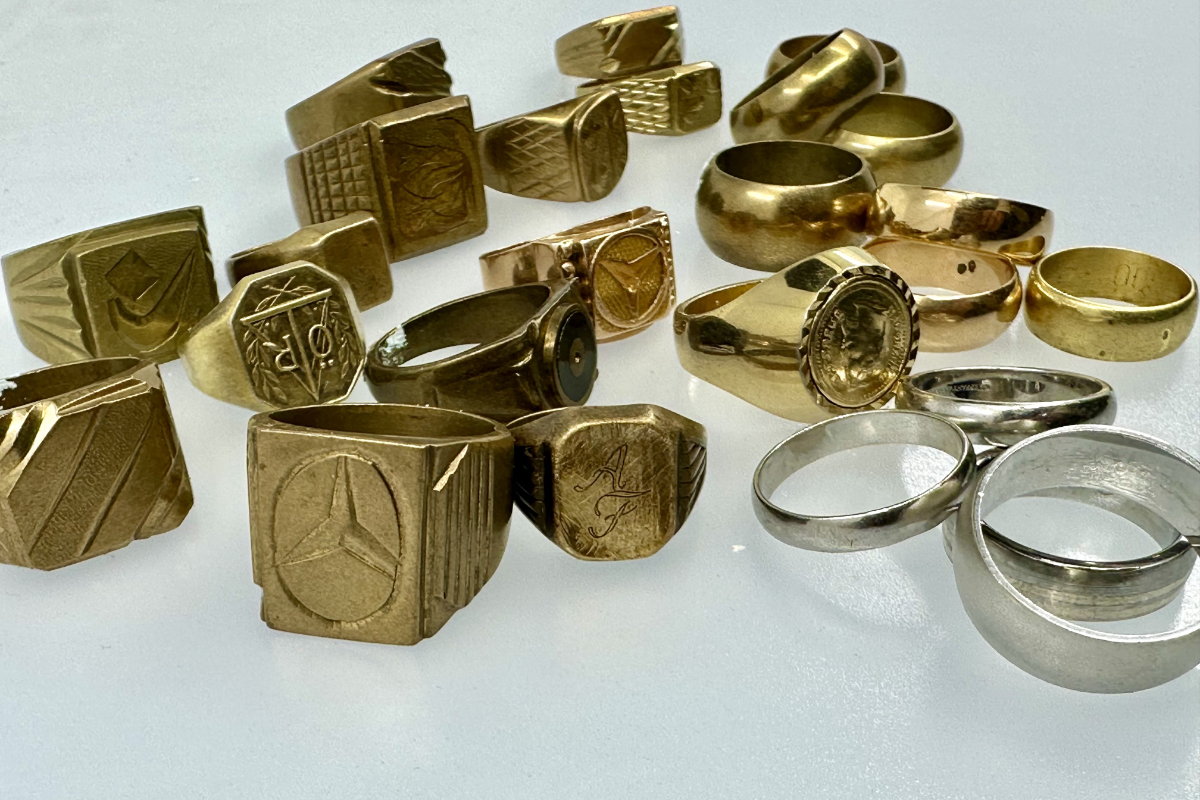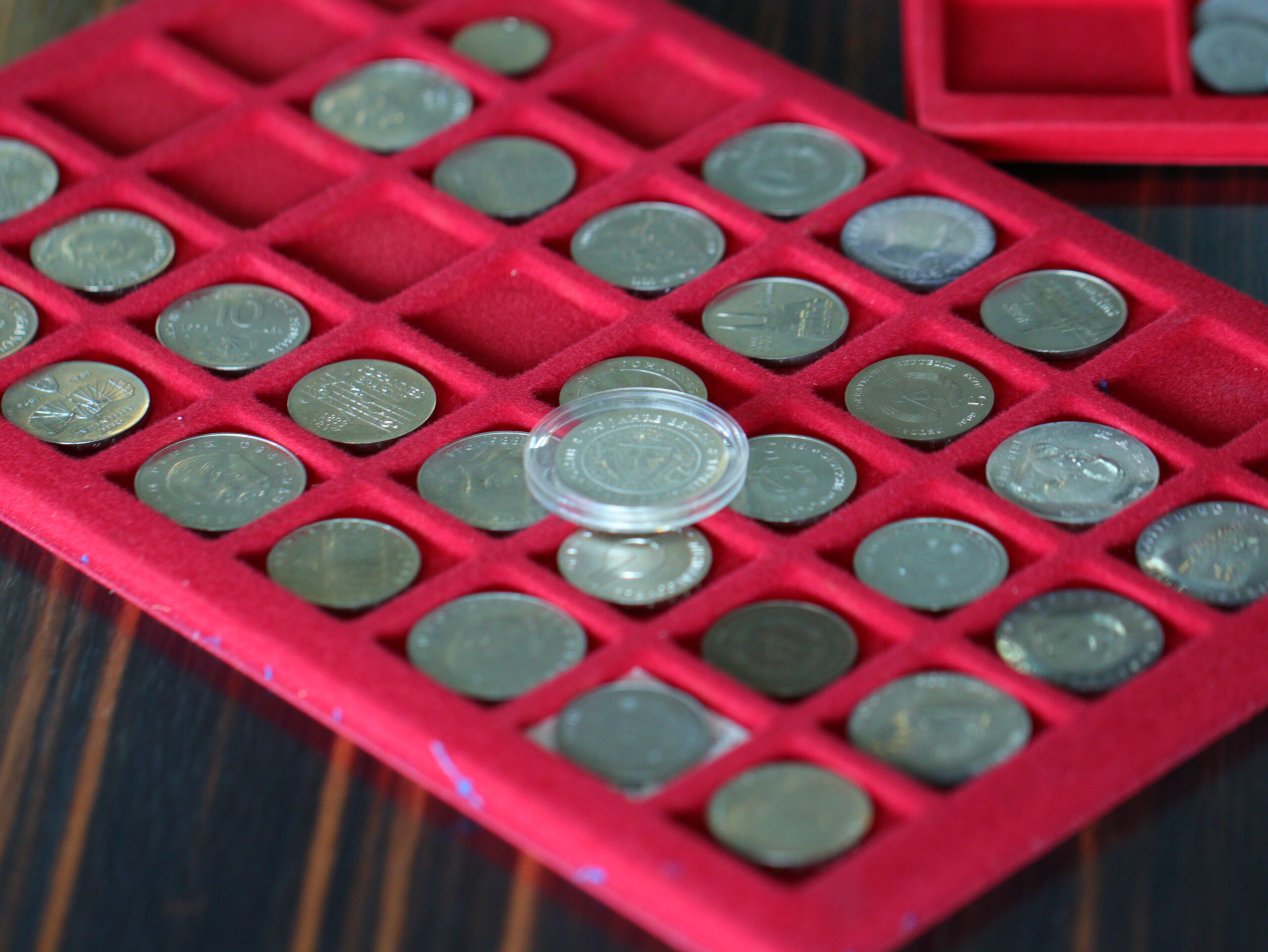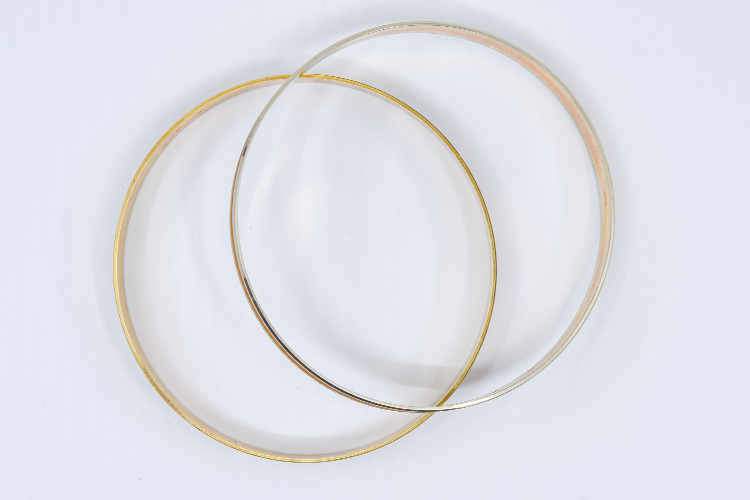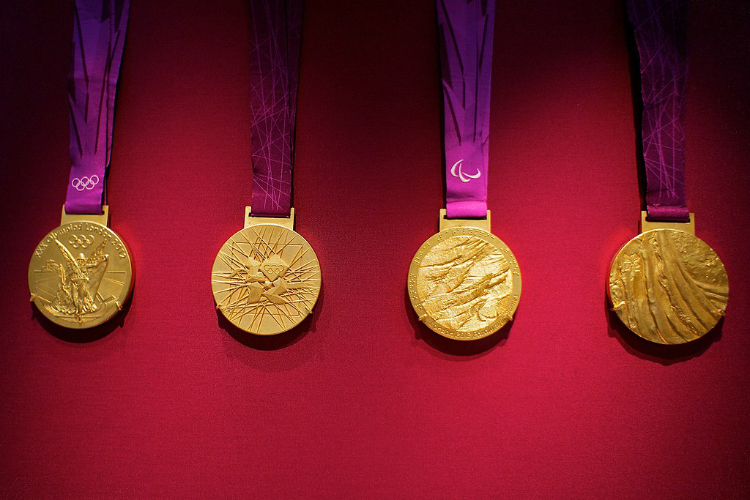
The Summer Olympics start in Paris on July 26. Even though it is often said that "taking part is everything", the dream of every participating athlete is of course to win a gold medal at the Olympics.
Bonuses for Olympic winners
In fact, the tradition of gold, silver and bronze medals for the top three finishers in each discipline has only existed since the 1904 Olympic Games in St. Louis.
In ancient times, the winners of the Olympic Games received an olive wreath (kotinos) as a prize.
In 1896, at the first Olympic Games of modern times, the two best athletes received a silver medal and an olive branch. At the 1900 Summer Olympics, which were more of a side event of the Paris World Exhibition, the prizes for the individual competitions differed. In some disciplines, the winners received plaques, while in other competitions they received prizes, some of which were worthless.
Are Olympic gold medals made of real gold?
But do the Olympic champions get gold medals made of pure gold? No, at least not any more. Only at the Olympic Games in 1904, 1908 and 1912 did Olympians actually receive a "real" gold medal. Since then, the gold medals have been made of silver and merely gilded with a thin layer of gold. The medals for the Tokyo 2021 Games therefore only contained around 6 grams of pure gold. The silver medal, on the other hand, is actually made of silver, while the bronze medal is made of bronze (an alloy of copper and tin).
The fact that gold medals at the Olympics are not made of pure gold is primarily a question of cost. At the current gold price, the gold for the 329 competitions would simply go beyond the scope. Especially when you consider that in team sports, all athletes receive a medal.
To ensure that the quality of the medals does not change every four years, the basic specifications are laid down by the International Olympic Committee (IOC). However, the design of the Olympic medals changes with the venues. For this reason, the medals for the 2024 Games in Paris will also contain a piece of iron. But not just any piece. Each medal contains a fragment made from old components of the Eiffel Tower.
What are Olympic gold medals worth?
The pure material value of gold and silver medals depends on the general price of gold and silver on the world market. In terms of material value alone, a gold medal for the 2024 Summer Olympics is likely to be worth between 700 and 800 euros. A silver medal is likely to be worth around 350 euros and the material value for bronze is around 5 euros.
Nevertheless, an Olympic medal would not go over the counter for its pure material value. The sentimental value or collector's value of a genuine Olympic medal is significantly higher.
In fact, Olympic medals are always for sale or are auctioned off. Either by the athletes themselves, heirs or collectors.
A gold medal from the 1992 Summer Games in Barcelona and one from the 1924 Winter Games in Chamonix are currently for sale on eBay: Starting price 9,000 dollars and 45,000 dollars respectively. Interestingly, medals from the Winter Games are more sought after by collectors and often fetch higher prices.
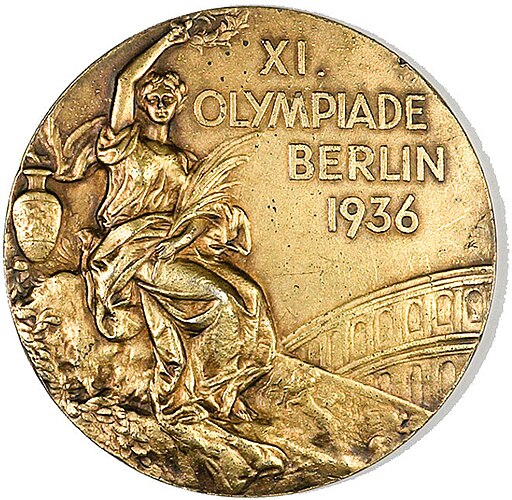
Incidentally, the most expensive gold medal to date is one of the four won by black sprinter Jesse Owens in Berlin in 1936, which infuriated Hitler. It was auctioned off in 2013 for over 1.35 million euros. In the 1950s, Owens himself is said to have paid for a hotel stay in Pittsburgh with the gold medals he won.
Selling medals
Medals are not only awarded at the Olympics. Medals are also awarded at other sporting events as well as in the cultural and scientific fields. Commemorative coins for special events and anniversaries in honor of a personality are also referred to as medals. And unlike coins, medals can also be commissioned by companies and private individuals.
As a rule, such "gold medals" are also rarely made of 999 gold, but are usually only gold-plated. Medals made of 925 silver or copper are much more common.
When selling certain historical medals to collectors, interesting collector's prices can be achieved, but you usually get a price that reflects the material value when selling medals.

